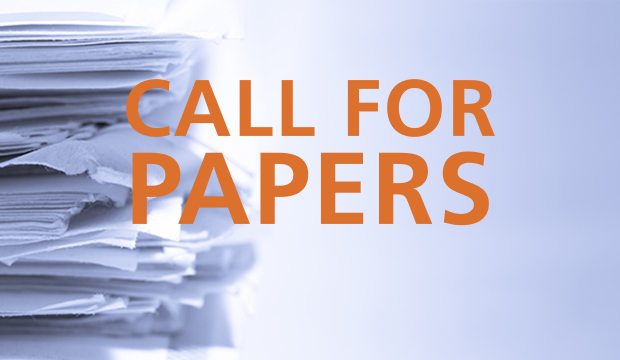Journal of Contemporary Eastern Asia (JCEA), Vol. 19, No 1 – Summer 2020
Invited editors: Ilan Manor, University of Oxford (manor.ilan@gmail.com)
Craig Hayden, Marine Corps University
Hyunjin Seo, University of Kansas
In recent years scholars have paid growing attention to the digitalization of diplomacy. Studies have examined the use of digital platfroms and digital technologies in the realms of public diplomacy, consular diplomacy, multi-lateral negotiations and security negotiations. However, the current digital diplomacy research corpus suffers from three limitations. First, the majority of digital diplomacy studies have analyzed how diplomats use digital technologies as opposed to why these have been so eagerly adopted by diplomatic institutions. Subsequently, few studies have offered a broad theoretical prism through which the digitalization of diplomacy may be conceptualized and investigated. Second, most digital diplomacy studies have focused on diplomatic institutions in Europe and North America. Few studies have investigated the utilization of digital technologies by foreign ministries, embassies and diplomats in the global south or in South-East Asia. Third, most scholars have adopted the lens of diplomatic studies when evaluating digital diplomacy activities. Yet this lens fails to account for the fact that diplomats are social beings and that diplomacy is a social institution. Processes that impact society at large, such as rapid digitalization, impact diplomats and through them diplomatic institutions.
This special issue aims to address the aforementioned limitations by expanding the digital diplomacy research corpus and shedding light on the digitalization of diplomacy in South-East Asia. To do so, it will adopt an interdisciplinary lens which seeks to understand how different cultures, political structures, organizational mentalities, societal approaches to technology and societal norms and values impact the adoption and usage of digital technologies by diplomats and their institutions. The special issue also hopes to elucidate the internal processes through which digital tools are adopted by diplomatic institutions. These can include authoring guidelines for diplomats venturing online, producing instructional videos or offering digital training to Ambassadors. As such, the special issue will position the study of digital diplomacy at the intersection of diplomatic studies, communication and media studies, science and technology studies (STS), and organizational studies. Lastly, the special issue aims to expand the diversity of digital technologies which are investigated by scholars. In other words, the special issue hopes to move beyond social media and explore how a variety of technologies now influence the practice of diplomacy. These may include messaging applications, email, smartphone applications designed by diplomats and diplomatic institutions, algorithms, virtual embassies, intra-nets, internal wikis, artificial intelligence and augmented or virtual reality.
By examining the process of digitalization among diplomats and diplomatic institutions from South-East Asia, this special issue will offer an important contribution to the digital diplomacy research corpus, both in terms of theory and in terms of diversity of case studies. We encourage papers that examine the digitalization of diplomats, embassies and foreign ministries in ASEAN countries as well as South Korea, Taiwan and Japan.
The topics that we are particularly interested in include, but are not limited to:
- The manner in which local, societal norms and values influence diplomats’ use of digital technologies
- The internal processes through which diplomatic institutions adopt and utilize new digital technologies
- How organizational mentalities can facilitate/obstruct the adoption of digital technologies
- How the digitalization of society impact the digitalization of diplomats
- The temporal and spatial impact that digitalization has had on the conduct of diplomacy
- How political structures within foreign ministries or governments influence diplomats’ ability to utilize digital technologies
- Whether and how have increasing concerns about disinformation or misinformation affected the digitization of diplomacy?
Please submit your abstract in English to manor.ilan@gmail.com by September 20, 2019 (please include “JCEA Special Issue” in the title). The maximum word limit for the abstract is 500 words.
Deadlines
Abstract Submission Deadline – September 20, 2019
Notification on Submitted Abstracts – October 1st, 2019
Article Submission Deadline – December 16, 2019
Notification of Article Acceptance/Rejection – March 16, 2020
Deadline for the final submission of revised manuscripts – May 25, 2020







